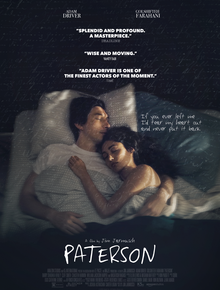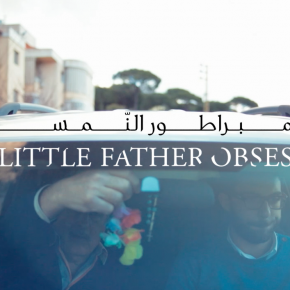Invisible Ghosts from a Scriptwriter’s Present
Mohamed Solaiman Abdelmalek on Plot Twists, Echo Boomers and Naguib Mahfouz
We need to talk about Ramadan and TV land
Ramadan season is usually the main course for filmmakers, scriptwriters and actors. The biggest production companies in the business fight for time slots, optimal screen time and stars face the greatest exposure to the largest number of audiences. The key gameplayer in Ramadan TV series season is Egypt; however, Arab countries such as Syria, Lebanon and Kuwait make notable contribution to the TV-sphere. Despite that, Arab stars strive to appear in one or two Egyptian TV series. Most of them consider the Egyptian audience to be the major target which they intend to seek exposure to.
Why the long intro? My guest today is a prolific writer; one whose life -apart from the job- has been a series of long-term travels and escapades in the murky waters of writing. He started since he was studying medicine in college by writing series of thriller/suspense YA fiction novels. His aim was to explore himself as a scriptwriter and provoke the sense of security and normalcy that most Arab audiences seek. By writing a historical fantasy series of novel rooted in Pharaonic Egypt, he made his landmark as a literary writer, branching out to writing for TV and enjoying the medium with all the limitations and astrophysical lack of sophistication that it provides.










